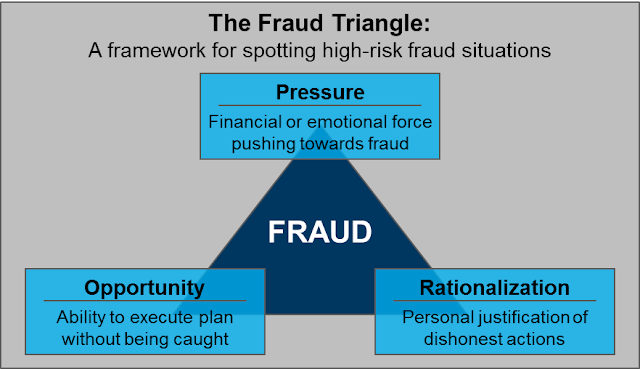 Intuit Inc., the maker of TurboTax and QuickBooks, posted a 9.1% increase in revenue for its fiscal first quarter, while issuing guidance for the current period that was more optimistic about sales than Wall Street estimates.
Intuit Inc., the maker of TurboTax and QuickBooks, posted a 9.1% increase in revenue for its fiscal first quarter, while issuing guidance for the current period that was more optimistic about sales than Wall Street estimates.The company said its QuickBooks Online subscribers rose 41% to 1.6 million.
For the current quarter, the company expects revenue in the range of $1.05 billion to $1.07 billion with adjusted earnings between 33 cents and 36 cents a share. Analysts surveyed by Thomson Reuters forecast revenue of $997.8 million and adjusted per-share profit of 34 cents.
Intuit shares, which rose 17.8% over the past 12 months, fell 0.5% to $113.20 in after-hours trading.
The company typically collects the bulk of its earnings during tax season and often posts losses in its off-tax-season quarters.
For the quarter ended Oct. 31, Intuit posted a loss of $30 million, or 12 cents a share, compared with a year-ago loss of $31 million, or 11 cents a share. Earnings excluding items were 6 cents a share down from 9 cents a year ago.
Revenue rose to $778 million from $713 million.
Intuit projected earnings excluding items of 1 cent to 3 cents a share on revenue of $740 million to $760 million for the latest quarter. Analysts polled by Thomson Reuters projected 3 cents and $756.1 million.
Under a plan announced in 2015, Intuit sold marketing and communications software business Demandforce, collaboration platform QuickBase and personal-finance software brand Quicken earlier this year.
Original article can be found here: http://www.wsj.com













